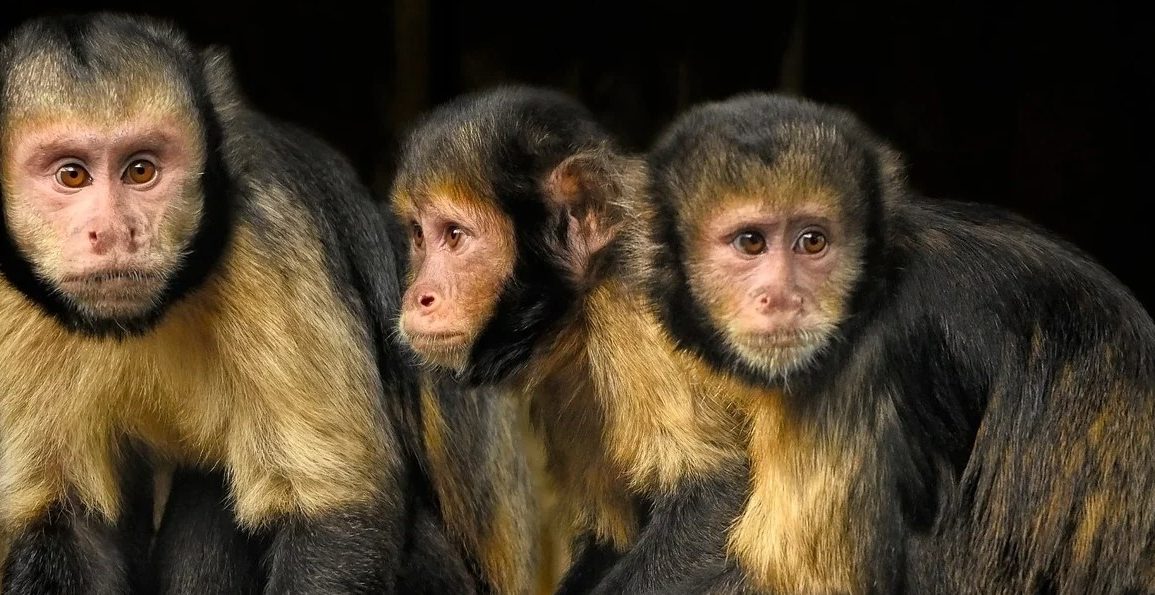A recent study by the University of Michigan highlights concerning findings about the immune health of wild capuchin monkeys in Costa Rica, showing that rising temperatures may have a direct impact on their immune systems.
This research, led by U-M anthropology doctoral student Jordan Lucore, reveals that capuchins, particularly younger monkeys, experience a significant decline in immune performance when exposed to temperatures as mild as 86°F.
The study sheds light on the surprising vulnerability of these resilient creatures to heat.
While endothermic animals like mammals are typically thought to be able to regulate their body temperature, the results of this study show that even relatively moderate temperature increases can negatively affect their immune responses.
Lucore’s research, based in the Taboga forest reserve, focused on a population of white-faced capuchins who were monitored over two weeks during periods of warmer weather.

One of the most striking findings was that younger monkeys were particularly vulnerable to temperature shifts, as their generalized immune systems, which are crucial at this stage of life, were significantly weakened.
This is concerning, as the generalized immune system is vital in defending against threats in young animals before their adaptive immune system fully develops.
Through innovative fieldwork, Lucore’s team used non-invasive methods to collect urine samples from the monkeys to measure a biomarker called neopterin, which provides insights into immune system function.
These samples revealed a direct link between rising temperatures and immune system degradation.
The study team hopes to conduct long-term research to better understand the implications of these findings on the health and survival of these primates, particularly in light of climate change.
This research underscores the complex and unexpected ways in which climate change could affect wildlife populations and emphasizes the need for further studies to understand the long-term health consequences for these animals.

